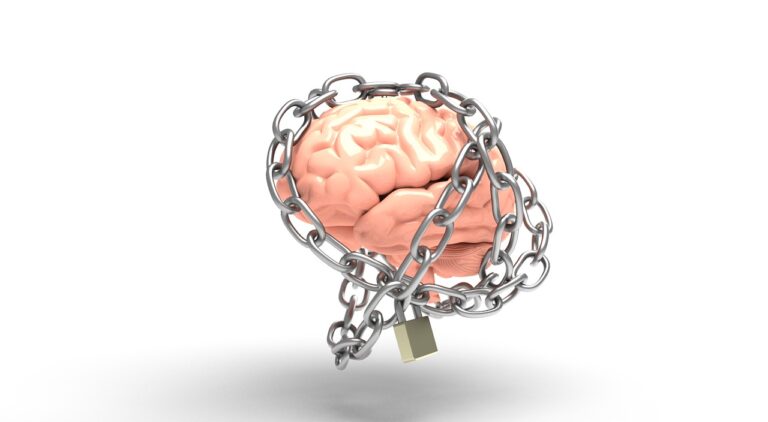Audiology and the Deaf Community: Bridging the Gap
11xplay id, laser247.com login, world777 sign up:Audiology and the Deaf Community: Bridging the Gap
Being able to hear and communicate with others is something that many of us take for granted. However, for the deaf community, this is a daily challenge that they face. Audiology, the branch of science that focuses on hearing, has a vital role to play in bridging the gap between the deaf community and the rest of society.
In this article, we will explore the importance of audiology in the deaf community, the challenges faced by individuals with hearing loss, and the ways in which audiology can help to improve their quality of life.
Understanding the Deaf Community
The deaf community is a diverse group of individuals who share a common experience of hearing loss. For some people, this loss may be mild and easily manageable with hearing aids. For others, it may be more severe, making it difficult to communicate with others and navigate the world around them.
One of the biggest challenges faced by the deaf community is the lack of understanding and awareness from those who can hear. Many people do not realize the barriers that individuals with hearing loss face on a daily basis, from simple tasks like making a phone call to more complex interactions like attending a social event.
This is where audiology comes in. Audiologists are healthcare professionals who specialize in the diagnosis and treatment of hearing loss. By working closely with individuals in the deaf community, audiologists can help to improve their hearing abilities and quality of life.
The Role of Audiology in the Deaf Community
Audiology plays a crucial role in the deaf community by providing a range of services to help individuals with hearing loss. These services may include:
– Hearing tests: Audiologists can conduct comprehensive hearing evaluations to assess the extent of a person’s hearing loss and determine the best course of treatment.
– Hearing aids: For many individuals with hearing loss, hearing aids can be a game-changer. Audiologists can help to select and fit the right hearing aids for each individual’s needs, ensuring that they can hear and communicate effectively.
– Assistive listening devices: In addition to hearing aids, audiologists can also recommend and provide assistive listening devices that can help individuals with hearing loss in specific situations, such as watching TV or talking on the phone.
– Communication strategies: Audiologists can work with individuals in the deaf community to develop communication strategies that can help them navigate social interactions and communicate more effectively with others.
By providing these services and more, audiologists can help to bridge the gap between the deaf community and the rest of society, making it easier for individuals with hearing loss to live full and independent lives.
Challenges Faced by the Deaf Community
Despite the crucial role that audiology plays in the deaf community, there are still many challenges that individuals with hearing loss face on a daily basis. These challenges include:
– Stigma: There is still a significant stigma surrounding hearing loss, which can make it difficult for individuals in the deaf community to advocate for themselves and access the support they need.
– Accessibility: Many public spaces and services are not designed to accommodate individuals with hearing loss, making it challenging for them to participate fully in society.
– Communication barriers: Without the right support and tools, individuals with hearing loss may struggle to communicate with others, leading to feelings of isolation and exclusion.
These challenges highlight the importance of raising awareness and advocating for the needs of the deaf community. By working together with audiology professionals, we can help to create a more inclusive and accessible society for everyone.
FAQs
Q: Can hearing aids restore full hearing?
A: While hearing aids can significantly improve hearing abilities for many individuals with hearing loss, they cannot restore full hearing. However, they can make a substantial difference in helping individuals to hear and communicate effectively in various situations.
Q: How often should I have my hearing tested?
A: It is recommended to have your hearing tested at least once a year, especially if you are experiencing any changes in your hearing abilities or if you are over the age of 50. Regular hearing tests can help to detect any issues early and ensure that you receive the appropriate support and treatment.
Q: Are there any support groups for individuals with hearing loss?
A: Yes, there are many support groups and organizations dedicated to supporting individuals with hearing loss. These groups can provide valuable resources, information, and community connections for individuals in the deaf community.
In conclusion, audiology plays a vital role in bridging the gap between the deaf community and the rest of society. By providing essential services and support, audiologists can help individuals with hearing loss to live full and independent lives. It is crucial to raise awareness, advocate for the needs of the deaf community, and work together to create a more inclusive and accessible society for all.







